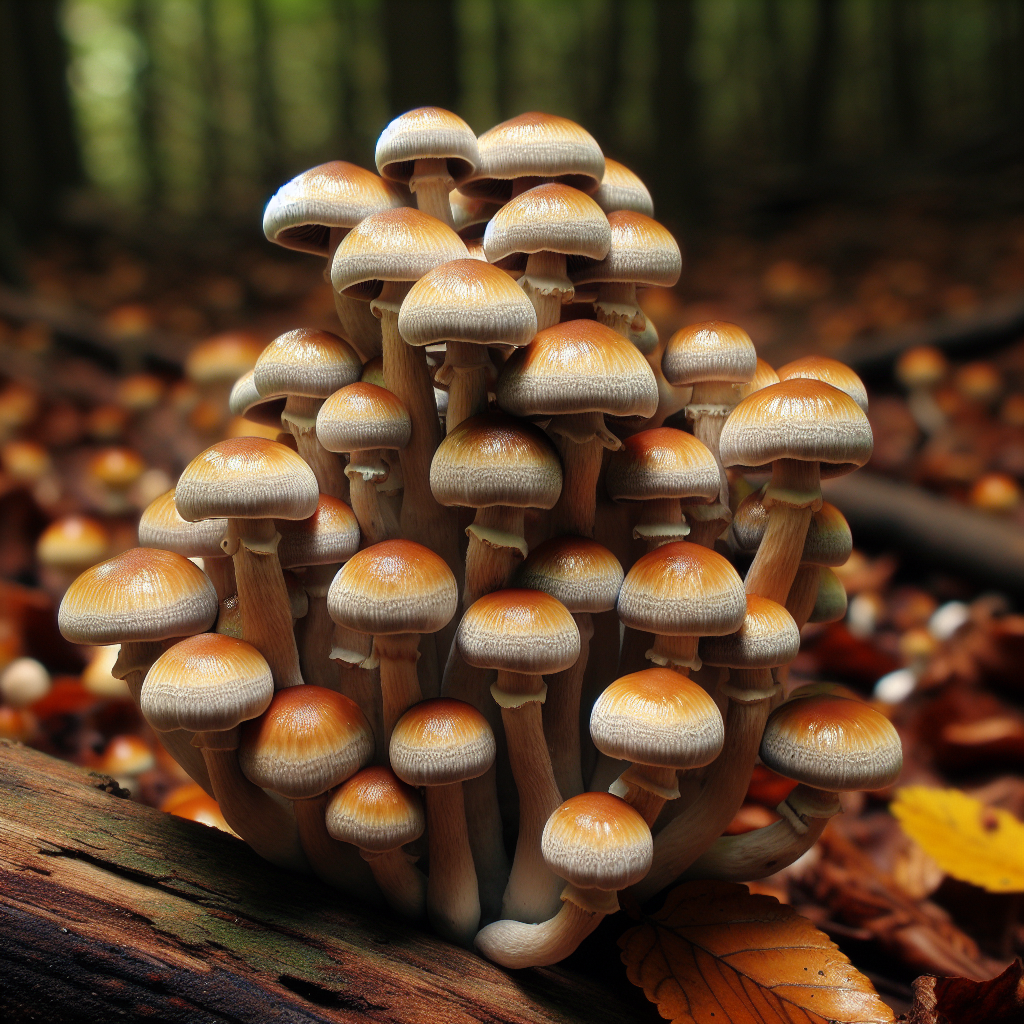Blog
Are magic mushrooms illegal
Potential Legalization of Magic Mushrooms: What You Need to Know

Magic mushrooms, also known as psilocybin mushrooms, have been a topic of debate for many years. These mushrooms contain the psychoactive compound psilocybin, which can induce hallucinations and alter perception. Due to their mind-altering effects, magic mushrooms are classified as a Schedule I controlled substance in the United States, meaning they are considered to have a high potential for abuse and no accepted medical use. As a result, the possession, cultivation, and distribution of magic mushrooms are illegal under federal law.
However, in recent years, there has been a growing interest in the potential therapeutic benefits of psilocybin, leading to a push for the decriminalization or legalization of magic mushrooms. Some states and cities have already taken steps to decriminalize the possession of magic mushrooms, while others are considering legislation to legalize their use for medical purposes.
One of the main arguments in favor of legalizing magic mushrooms is their potential to treat mental health conditions such as depression, anxiety, and PTSD. Research has shown that psilocybin can help alleviate symptoms of these disorders by promoting neuroplasticity and increasing connectivity in the brain. In fact, studies have found that a single dose of psilocybin can have long-lasting effects on mood and well-being, with some patients reporting significant improvements in their mental health after just one session.
Despite these promising findings, there are still concerns about the safety and potential for abuse of magic mushrooms. Like any psychoactive substance, psilocybin can have negative effects on some individuals, including anxiety, paranoia, and psychosis. There is also a risk of accidental ingestion of poisonous mushrooms that resemble magic mushrooms, leading to potentially dangerous consequences.
In light of these concerns, some advocates are calling for a regulated system for the use of magic mushrooms, similar to the one in place for medical marijuana. This would involve strict guidelines for cultivation, distribution, and consumption, as well as education and harm reduction programs to minimize the risks associated with psilocybin use.
While the legalization of magic mushrooms for medical purposes is still a controversial issue, there is growing support for further research into their potential benefits. Several clinical trials are currently underway to investigate the therapeutic effects of psilocybin on various mental health conditions, with preliminary results showing promising outcomes.
In conclusion, the legality of magic mushrooms is a complex and evolving issue. While they are currently illegal under federal law, there is a growing movement to decriminalize or legalize their use for medical purposes. As more research is conducted on the therapeutic benefits of psilocybin, it is likely that the legal status of magic mushrooms will continue to be a topic of debate in the years to come.
The Legal Status of Magic Mushrooms: A Comprehensive Guide
Magic mushrooms, also known as psilocybin mushrooms, have been used for centuries for their hallucinogenic properties. However, their legal status varies from country to country. In many places, magic mushrooms are classified as a controlled substance and are illegal to possess, sell, or consume.
In the United States, magic mushrooms are classified as a Schedule I controlled substance, which means that they are considered to have a high potential for abuse and no accepted medical use. Possession of magic mushrooms can result in severe legal consequences, including fines and imprisonment.
Similarly, in the United Kingdom, magic mushrooms are classified as a Class A drug under the Misuse of Drugs Act 1971. This means that possession, sale, or consumption of magic mushrooms is illegal and can result in criminal charges.
In Canada, magic mushrooms are also illegal to possess, sell, or consume. They are classified as a Schedule III controlled substance under the Controlled Drugs and Substances Act.
In Australia, magic mushrooms are classified as a prohibited substance under the Poisons Standard. Possession, sale, or consumption of magic mushrooms is illegal and can result in criminal charges.
Despite their illegal status in many countries, there is a growing body of research that suggests that magic mushrooms may have therapeutic benefits. Studies have shown that psilocybin, the active compound in magic mushrooms, may be effective in treating conditions such as depression, anxiety, and PTSD.
In recent years, there has been a push to decriminalize magic mushrooms in some jurisdictions. In 2019, Denver, Colorado became the first city in the United States to decriminalize magic mushrooms. Since then, several other cities and states have followed suit.
The decriminalization of magic mushrooms does not make them legal, but it does mean that law enforcement agencies are instructed to treat possession of magic mushrooms as a low priority. This allows individuals to possess and consume magic mushrooms without fear of arrest or prosecution.
In some countries, such as the Netherlands and Portugal, magic mushrooms are legal to possess and consume. In the Netherlands, magic mushrooms are sold in smart shops and can be consumed in designated areas. In Portugal, possession and consumption of small quantities of magic mushrooms are decriminalized.
It is important to note that the legal status of magic mushrooms is constantly evolving, and it is essential to stay informed about the laws in your jurisdiction. If you are considering using magic mushrooms, it is advisable to do so in a safe and responsible manner.
In conclusion, magic mushrooms are illegal in many countries, including the United States, the United Kingdom, Canada, and Australia. However, there is a growing movement to decriminalize magic mushrooms in some jurisdictions. It is essential to stay informed about the laws in your area and to use magic mushrooms responsibly if you choose to do so.